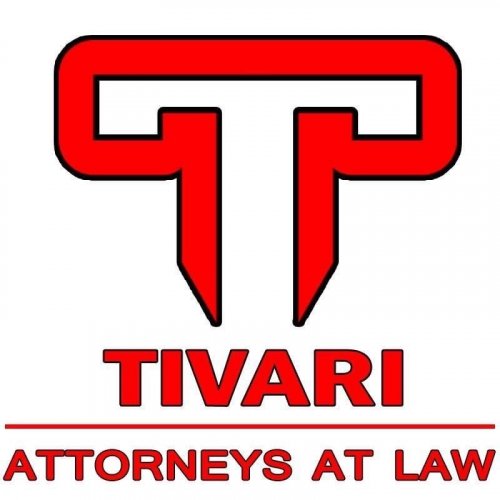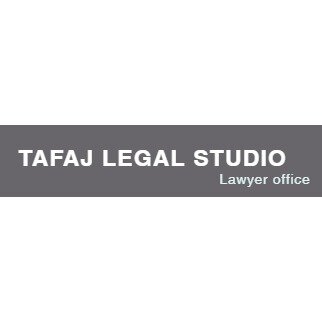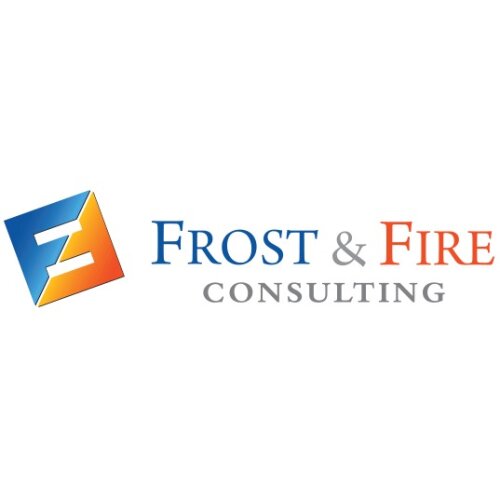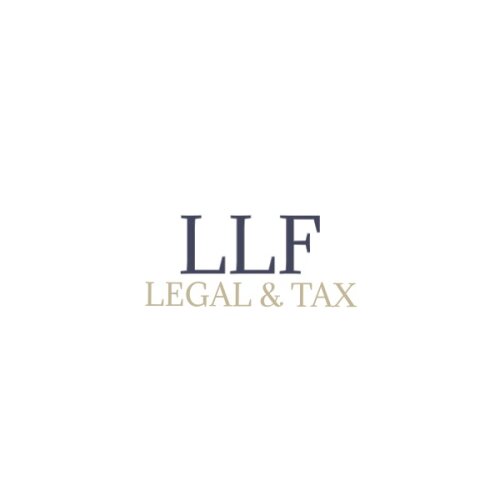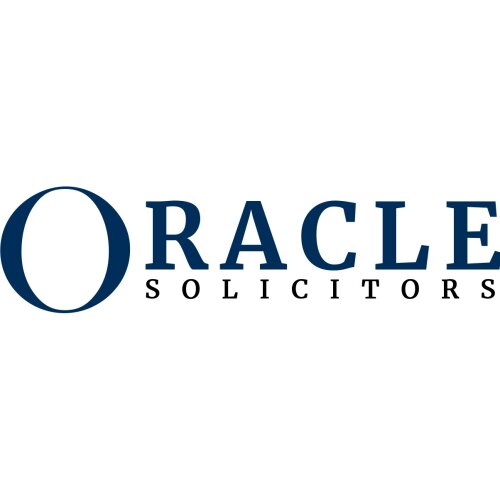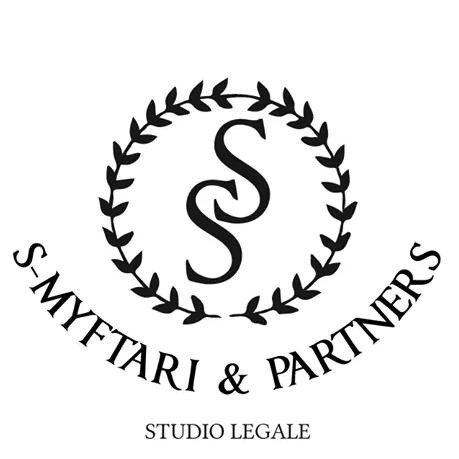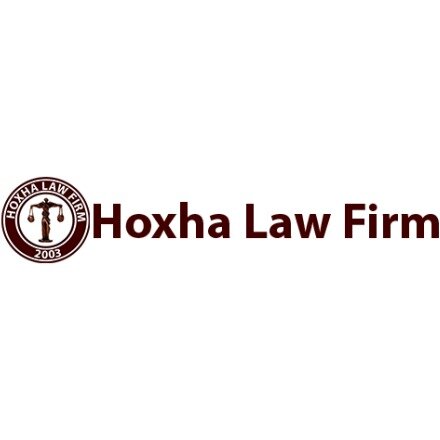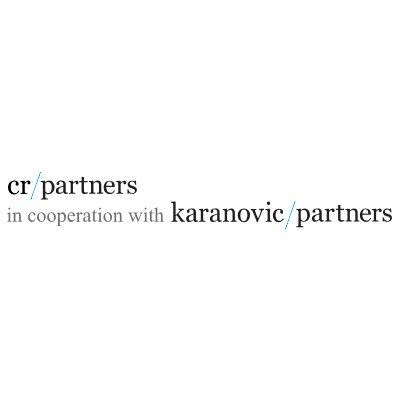Best Conveyancing Lawyers in Tirana
Share your needs with us, get contacted by law firms.
Free. Takes 2 min.
Free Guide to Hiring a Real Estate Lawyer
List of the best lawyers in Tirana, Albania
About Conveyancing Law in Tirana, Albania
Conveyancing refers to the legal process of transferring ownership of property from one party to another. In Tirana, Albania, conveyancing is governed by a combination of Albanian civil law, property registration rules, and local administrative procedures. The legal framework ensures that real estate transactions are legally sound, the property’s title is clear, and both buyers and sellers meet their obligations. The process typically involves legal checks, contract drafting, execution of deeds, and final registration with the appropriate land or property office.
Why You May Need a Lawyer
People often seek legal assistance in conveyancing for several important reasons. First, Albanian property laws can be complex, especially for foreigners or first-time buyers. Legal professionals help verify title ownership, assess land use restrictions, and ensure no outstanding debts or encumbrances affect the property. During sales, purchases, inheritance transfers, divorces, or business transactions involving real estate, a lawyer helps protect your interests and minimizes the risk of future disputes. Additionally, a lawyer ensures that all contractual and registration procedures comply with local legal requirements.
Local Laws Overview
Conveyancing in Tirana follows the Albanian Civil Code and regulations issued by the Immovable Property Registration Office, now part of the State Cadastre Agency (Agjencia Shtetërore e Kadastrës). Key factors relevant to local law include:
- Title Verification: Properties must be properly registered in the Immovable Property Registration System. Lawyers conduct due diligence to ensure no defects in title and that the seller is the rightful owner.
- Purchase Agreements: Contracts for sale and purchase of property must be notarized and recorded with public notaries.
- Registration of Transfer: The transfer of ownership is only effective after proper registration with the Cadastre office.
- Foreign Investment: Foreign nationals can buy property in Albania, but agricultural land has specific restrictions.
- Tax and Fees: Payment of relevant taxes, registration fees, and notarial costs is mandatory for the lawful completion of a property transfer.
Frequently Asked Questions
What is the first step in the conveyancing process in Tirana?
The first step is typically to conduct a thorough title search at the State Cadastre Agency to confirm lawful ownership and any existing encumbrances on the property.
Do I need a notary for property transactions in Tirana?
Yes, all property sale and purchase agreements must be notarized by a licensed public notary in Albania to be legally valid.
How are property rights verified in Tirana?
A lawyer or notary reviews the registration records with the State Cadastre Agency to verify there are no disputes, mortgages, or legal limitations on the property.
Can foreigners purchase property in Tirana?
Foreign citizens are allowed to purchase property in Tirana, with the exception of agricultural land purchases which are subject to special legal limitations.
What taxes are involved in a property purchase?
Buyers typically pay a property transfer tax and notary fees. Both the buyer and seller may be subject to other local taxes or fees depending on the transaction.
How long does the conveyancing process take in Tirana?
Assuming a straightforward transfer and no title issues, the process usually takes from a few days up to a few weeks, primarily depending on document availability and administrative processing times.
Is it mandatory to hire a lawyer for conveyancing?
While not mandatory, it is highly recommended to hire a qualified lawyer to safeguard your interests, especially when dealing with large transactions or unfamiliar property regulations.
What happens if there are disputes over property boundaries?
Property boundary disputes are resolved through local administrative bodies or courts, often requiring expert surveys and legal representation to resolve the matter.
How is ownership officially transferred?
Ownership is officially transferred after the notarized contract is registered with the State Cadastre Agency, which then issues an updated ownership certificate.
What should I check before agreeing to buy a property?
You should verify the property title, ensure there are no outstanding debts or liens, confirm proper building permits, check for pending legal disputes, and review all documentation with a legal professional.
Additional Resources
Individuals seeking information or assistance with conveyancing in Tirana can refer to several reputable sources, including:
- State Cadastre Agency (Agjencia Shtetërore e Kadastrës): This agency manages property registrations and related services.
- Albanian Chamber of Notaries: Provides listings and information about certified public notaries in Albania.
- Albanian Bar Association: For finding qualified lawyers specialized in property law and conveyancing.
- Municipality of Tirana: Offers information on local regulations, planning permissions, and urban development issues.
Next Steps
If you need legal assistance with conveyancing in Tirana, start by gathering all documentation related to the property, including titles, cadastral maps, and identification documents. Next, consult with a qualified property lawyer or notary who is experienced in Albanian real estate law. Discuss your objectives clearly and request a full due diligence review to uncover potential issues before committing to the transaction. Be prepared to attend meetings at notary offices and the Cadastre office as needed. Taking these steps will help protect your rights and ensure a smooth property transfer process.
Lawzana helps you find the best lawyers and law firms in Tirana through a curated and pre-screened list of qualified legal professionals. Our platform offers rankings and detailed profiles of attorneys and law firms, allowing you to compare based on practice areas, including Conveyancing, experience, and client feedback.
Each profile includes a description of the firm's areas of practice, client reviews, team members and partners, year of establishment, spoken languages, office locations, contact information, social media presence, and any published articles or resources. Most firms on our platform speak English and are experienced in both local and international legal matters.
Get a quote from top-rated law firms in Tirana, Albania — quickly, securely, and without unnecessary hassle.
Disclaimer:
The information provided on this page is for general informational purposes only and does not constitute legal advice. While we strive to ensure the accuracy and relevance of the content, legal information may change over time, and interpretations of the law can vary. You should always consult with a qualified legal professional for advice specific to your situation.
We disclaim all liability for actions taken or not taken based on the content of this page. If you believe any information is incorrect or outdated, please contact us, and we will review and update it where appropriate.




